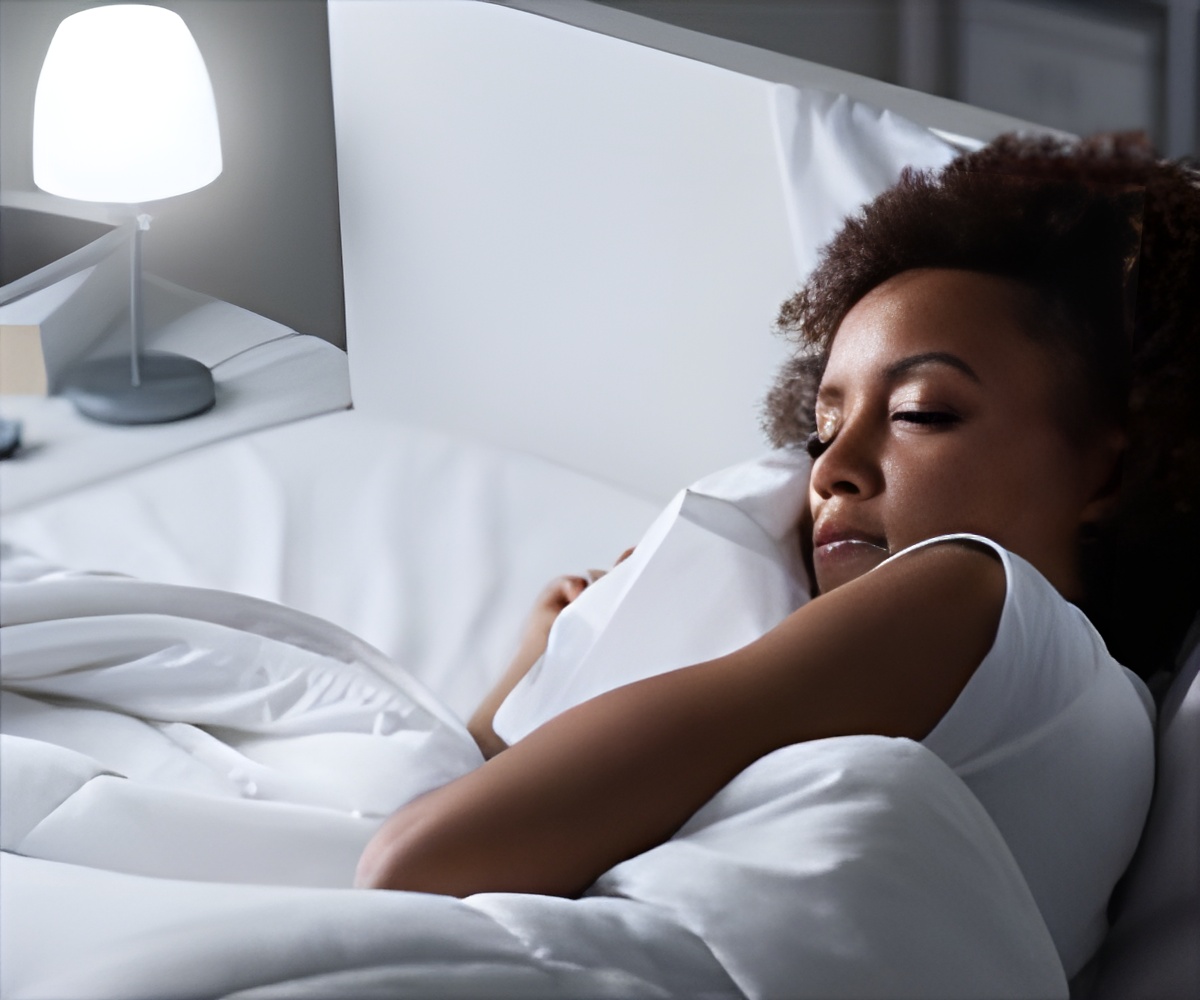
"These types of jobs involve processes that require repeated, quick memory encoding and retrieval of visual information, in combination with decision making about the information," Duffy said.
Researchers collected and analyzed data from visual search tasks from 12 participants over a one-month study.
In the first week, all participants were scheduled to sleep 10-12 hours per night to make sure they were well-rested. For the following three weeks, the participants were scheduled to sleep the equivalent of 5.6 hours per night, and also had their sleep times scheduled on a 28-hour cycle, mirroring chronic jet lag.
The research team gave the participants computer tests that involved visual search tasks and recorded how quickly the participants could find important information, and also how accurate they were in identifying it.
The researchers report that the longer the participants were awake, the more slowly they identified the important information in the test. Additionally, during the biological night time, 12 a.m. -6 a.m., participants (who were unaware of the time throughout the study) also performed the tasks more slowly than they did during the daytime.
Advertisement
"The longer someone is awake, the more the ability to perform a task, in this case a visual search, is hindered, and this impact of being awake is even stronger at night," Duffy said.
Advertisement
The self-ratings of sleepiness only got slightly worse during the second and third weeks on the study schedule, yet the data show that they were performing the visual search tasks significantly slower than in the first week.
This finding suggests that someone's perceptions of how tired they are do not always match their performance ability, explained Duffy.
This study was recently published in the online edition of The Journal of Vision.
Source-ANI















